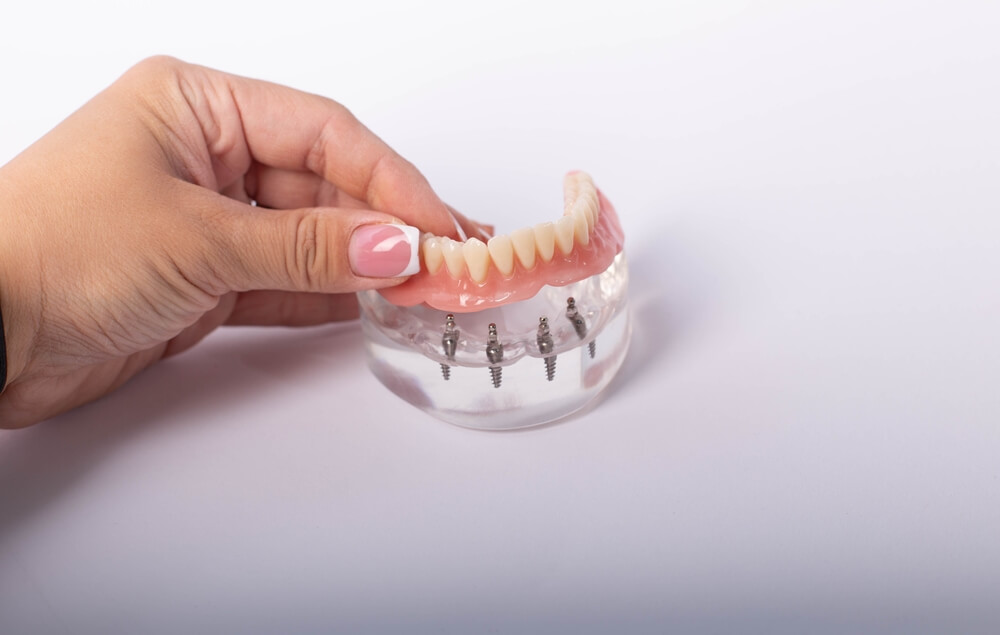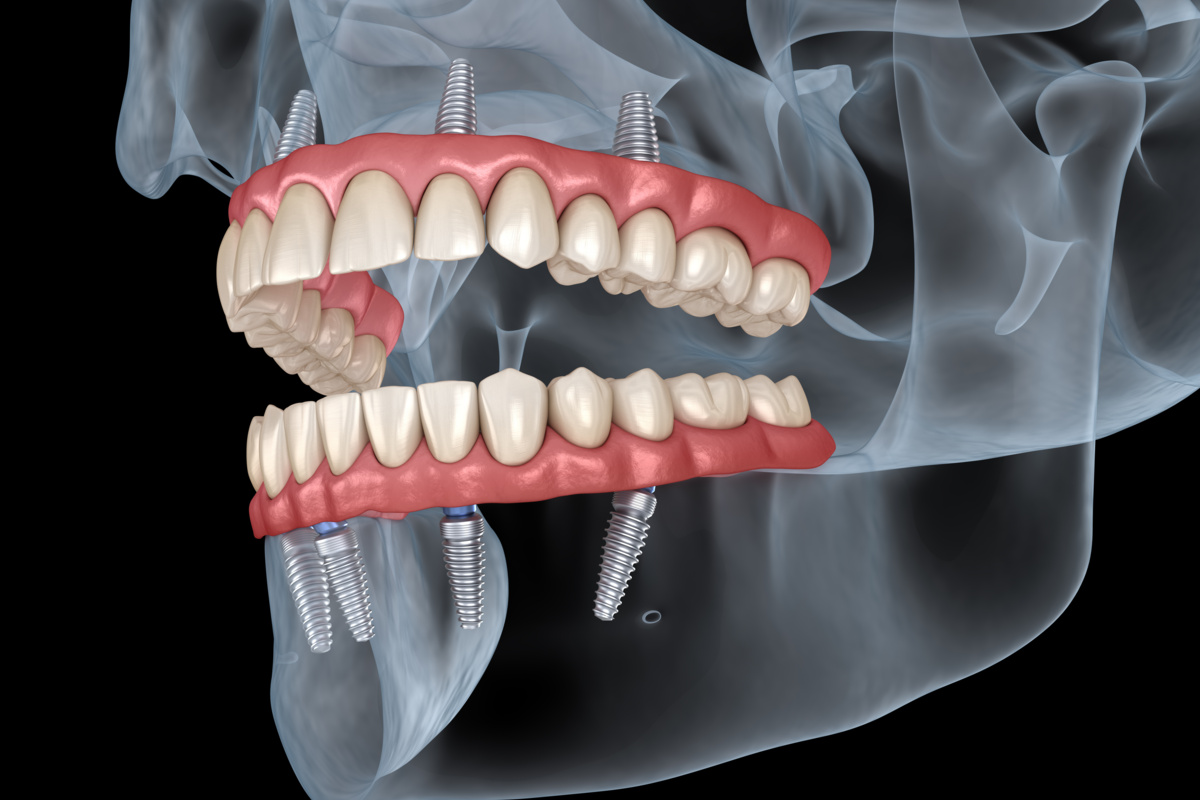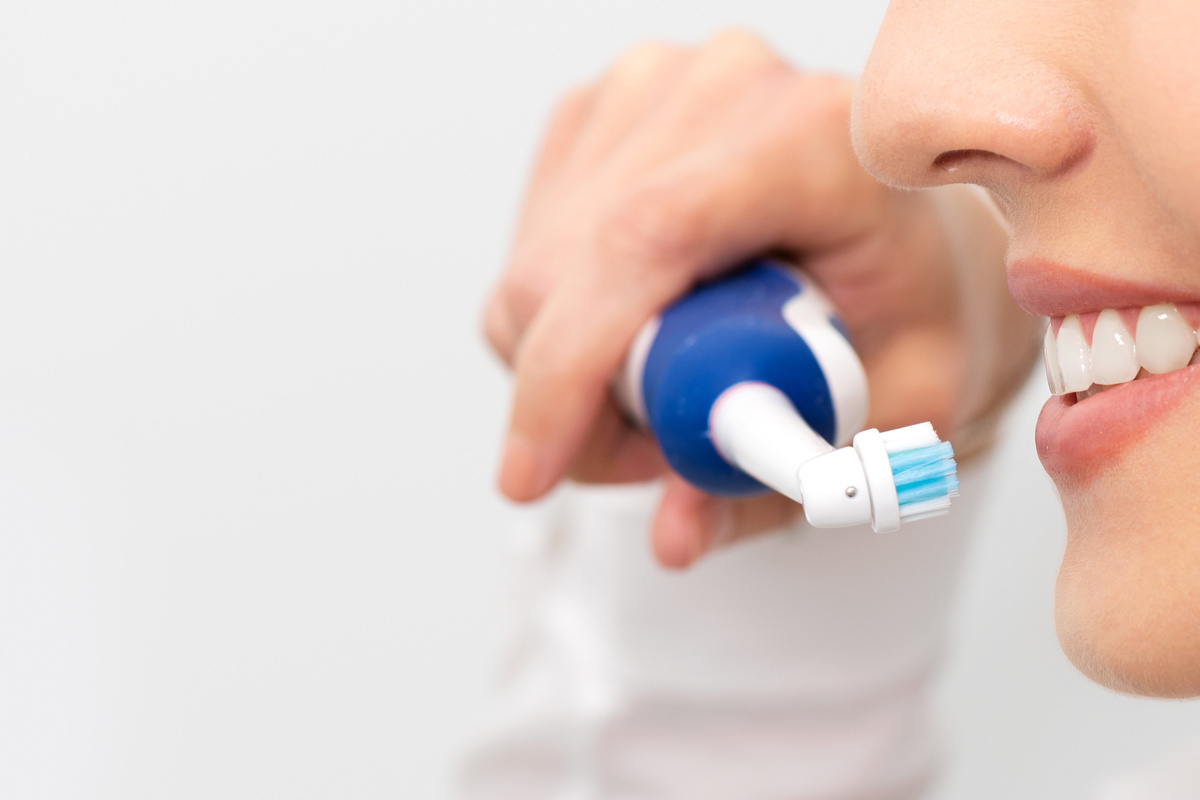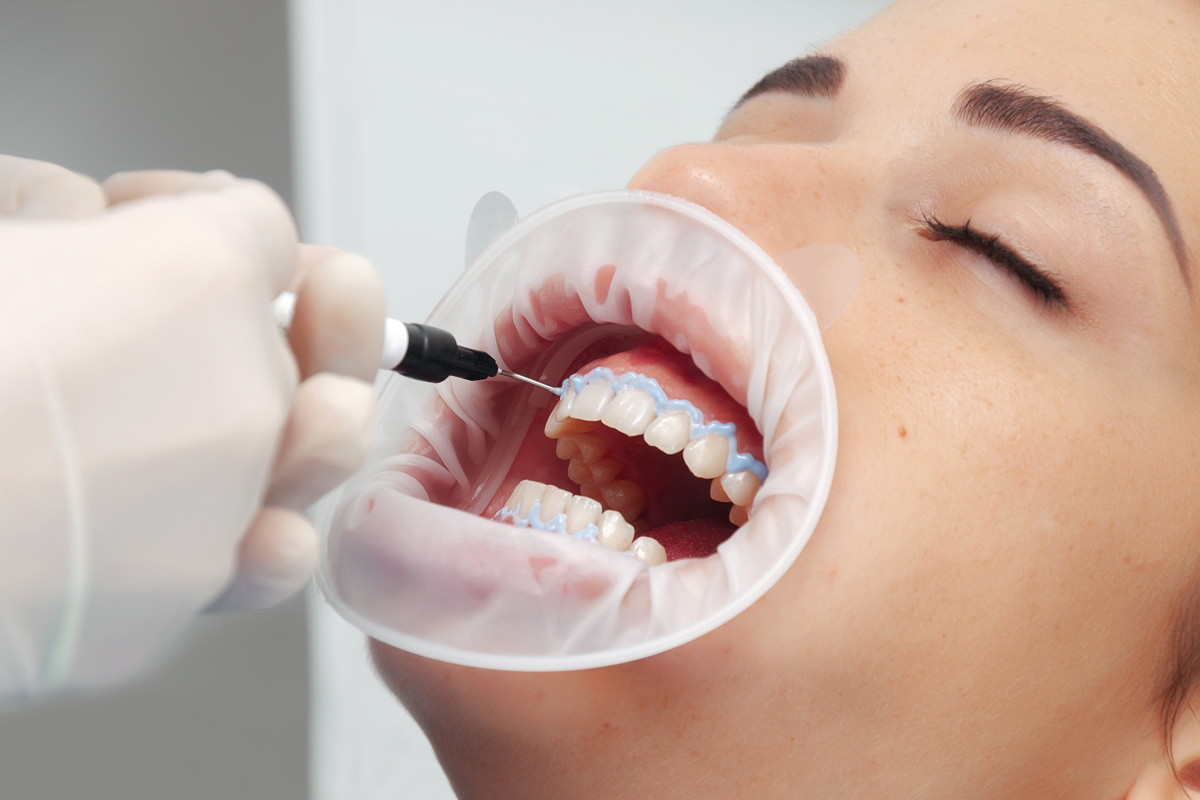Dentures serve as a common solution for individuals facing tooth loss, offering a means to restore the ability to eat and speak with confidence. Yet, the process of acclimating to dentures can prove challenging, particularly for those new to them. In this discussion, we’ll explore the intricacies of adapting to dentures and discover effective strategies for navigating this transition with ease.
Getting Used to Dentures

The Initial Adjustment Period
Adjusting to dentures often parallels the experience of breaking in a fresh pair of shoes. Initially, your mouth may overproduce saliva as it acquaints itself with the foreign appliance. While this may seem disconcerting, it’s a natural response that typically diminishes over time. It’s important to recognize that your mouth perceives the dentures as food initially, hence the increased saliva production. As your mouth becomes accustomed to the dentures, this sensation gradually fades, allowing for more comfortable wear.
Familiarizing Yourself with the Sensation
As you continue wearing dentures, your mouth will need to acclimate to their presence. It’s akin to getting used to a new routine or tool – there’s a learning curve involved. Initially, speaking and eating may feel awkward, but with patience and practice, it becomes more natural.
Retraining Muscles
Adjusting Your Chewing Technique
One of the primary hurdles individuals face when transitioning to dentures is the need to retrain their chewing muscles. Given that dentures alter the natural structure of your mouth, your muscles require a period of adjustment to accommodate this change. Initially, you may encounter difficulties in chewing various foods or achieving the same level of efficiency as you did prior to wearing dentures. However, with consistent practice and patience, your muscles will gradually adapt to the new oral dynamics, enabling you to regain confidence in your chewing abilities.
Finding Your Comfort Zone
Engaging in a variety of culinary experiences by experimenting with different foods and textures can significantly aid in comprehending the capabilities of your dentures. Begin your journey by incorporating softer foods into your diet, allowing your mouth to acclimate to the new sensations. As you grow more comfortable with wearing dentures, gradually introduce firmer textures to gauge your chewing capabilities. With time and patience, you’ll develop a nuanced understanding of which foods suit you best, empowering you to make informed dietary choices that cater to your individual needs and preferences.
Thriving with Dentures
Embracing the Learning Process
While adjusting to dentures may have its challenges, it’s essential to stay patient and positive throughout the journey. Remember that every individual’s experience is unique, and what works for one person may not work for another. Be open to trying new techniques and seeking advice from your dentist or support groups.
Optimizing Denture Functionality
As you become more comfortable with your dentures, you’ll discover ways to optimize their functionality. This might involve making adjustments to the fit or learning new techniques for speaking and eating. Don’t hesitate to communicate any concerns or discomfort with your dentist – they can provide valuable guidance and support.
In Summary

Transitioning to dentures may present initial challenges, but with perseverance and patience, you can adapt and thrive. By familiarizing yourself with the adjustment process and seeking support when needed, you can confidently embrace life with dentures. Remember, it’s all about finding what works best for you and embracing the journey towards a healthier, more confident smile. If you have any questions or concerns about your dentures, don’t hesitate to contact Indian Trail Dental today for expert guidance and assistance.



